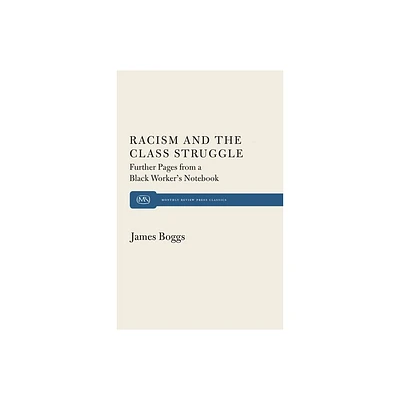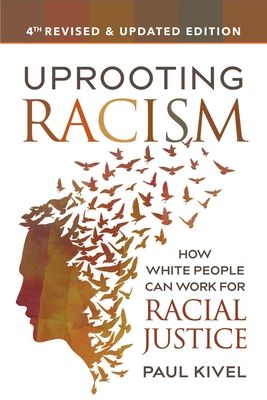Home
Racism, Class and the Racialized Outsider
Loading Inventory...
Barnes and Noble
Racism, Class and the Racialized Outsider
Current price: $175.00


Barnes and Noble
Racism, Class and the Racialized Outsider
Current price: $175.00
Loading Inventory...
Size: Hardcover
*Product Information may vary - to confirm product availability, pricing, and additional information please contact Barnes and Noble
"Racism, Class and the Racialized Outsider is that rare thing nowadays, an academic book that not only engages with a wider public but also provides a sharp campaigning edge to the analysis. Historical and broad in its coverage, this is one of the best accounts of contemporary racism published in a good long time."
Mark Perryman, Philosophy Football
Racism, Class and the Racialized Outsider
offers an original perspective on the significance of both racism and anti-racism in the making of the English working class. While racism became a powerful structuring force within this social class from as early as the mid-Victorian period, this book also traces the episodic emergence of currents of working class anti-racism. Through an insistence that race is central to the way class works, this insightful text demonstrates not only that the English working class was a multi-ethnic formation from the moment of its inception but that racialized outsiders - Irish Catholics, Jews, Asians and the African diaspora - often played a catalytic role in the collective action that helped fashion a more inclusive and democratic society.
Mark Perryman, Philosophy Football
Racism, Class and the Racialized Outsider
offers an original perspective on the significance of both racism and anti-racism in the making of the English working class. While racism became a powerful structuring force within this social class from as early as the mid-Victorian period, this book also traces the episodic emergence of currents of working class anti-racism. Through an insistence that race is central to the way class works, this insightful text demonstrates not only that the English working class was a multi-ethnic formation from the moment of its inception but that racialized outsiders - Irish Catholics, Jews, Asians and the African diaspora - often played a catalytic role in the collective action that helped fashion a more inclusive and democratic society.


















